Philosophy Now7
-
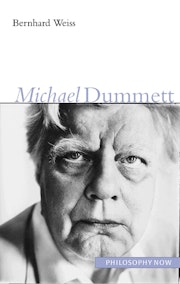
No one seriously interested in the philosophy of language can afford to ignore the work of Michael Dummett (b. 1925). Dummett's approach to the metaphysical issue of realism through the philosophy of language, his challenge to realism...
-
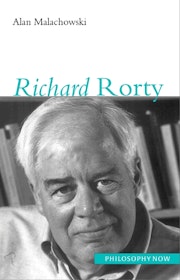
Richard Rorty is one of the world's most influential living thinkers. He is notorious for contending that the traditional, foundation-building and truth-seeking ambitions of systematic philosophy should be set aside in favor of a more...
-
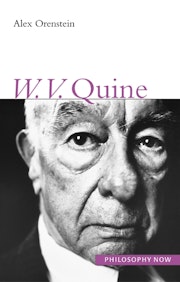
The most influential philosopher in the analytic tradition of his time, Willard Van Orman Quine (1908-2000) changed the way we think about language and its relation to the world. His rejection of the analytic/synthetic distinction, his...
-
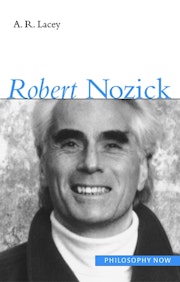
Although best known for the hugely influential Anarchy, State, and Utopia (1974), Robert Nozick has eschewed the label ''political philosopher,'' as the vast majority of his writings have focused on other areas. Indeed, the breadth of...
-
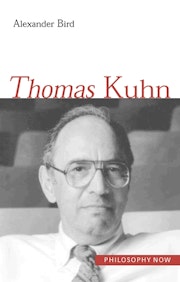
Thomas S. Kuhn (1922-1996) transformed the philosophy of science. His seminal 1962 work, The Structure of Scientific Revolutions, sold over one million copies and was translated into more than a dozen languages. It introduced the term...
-
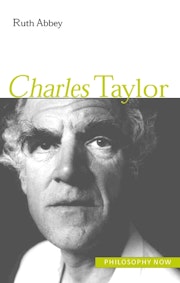
Charles Taylor (b. 1931) is one of the most influential and prolific philosophers in the English-speaking world. His unusually broad interests range from artificial intelligence to theories of meaning, from German idealism to...
-
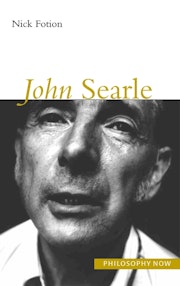
One of the world's most important philosophers of mind and language, John Searle (b. 1932) is direct, combative, and intellectually ambitious. His philosophy has made fundamental and lasting contributions to how we think about speech...